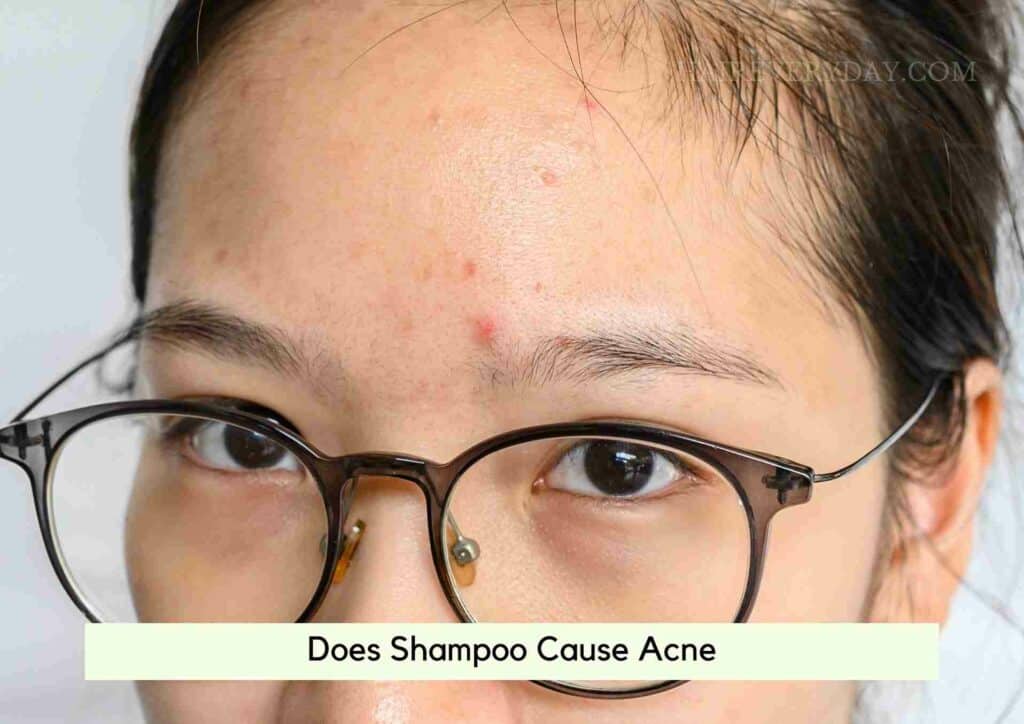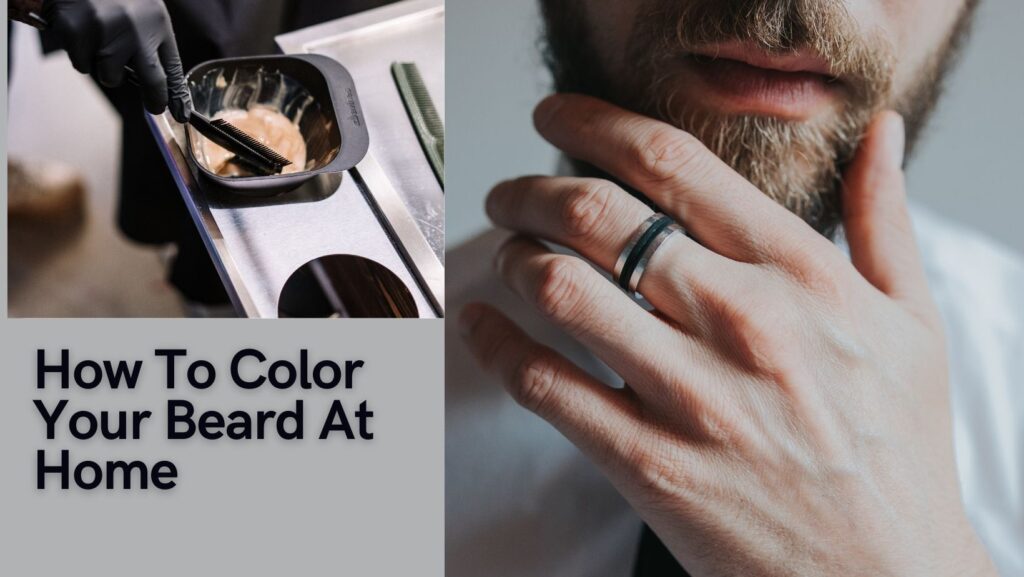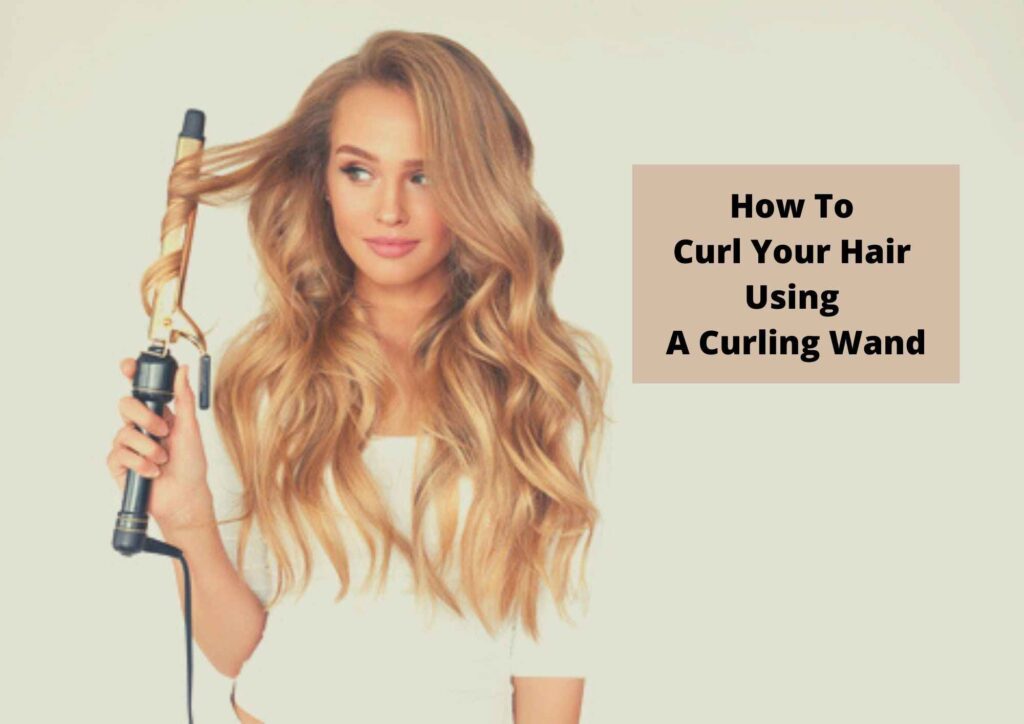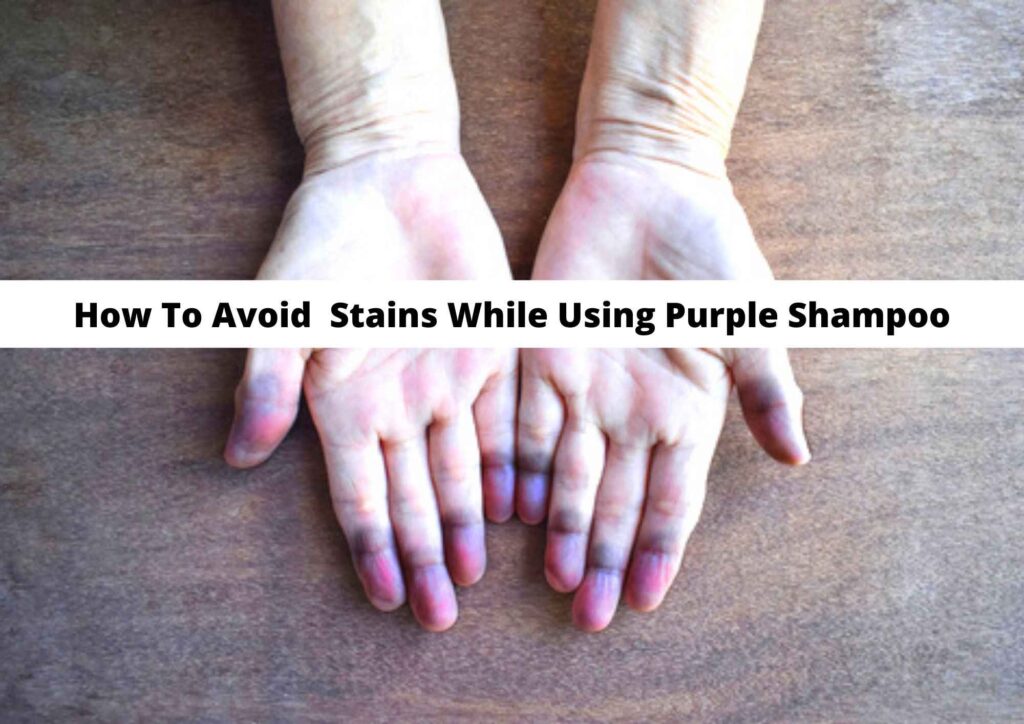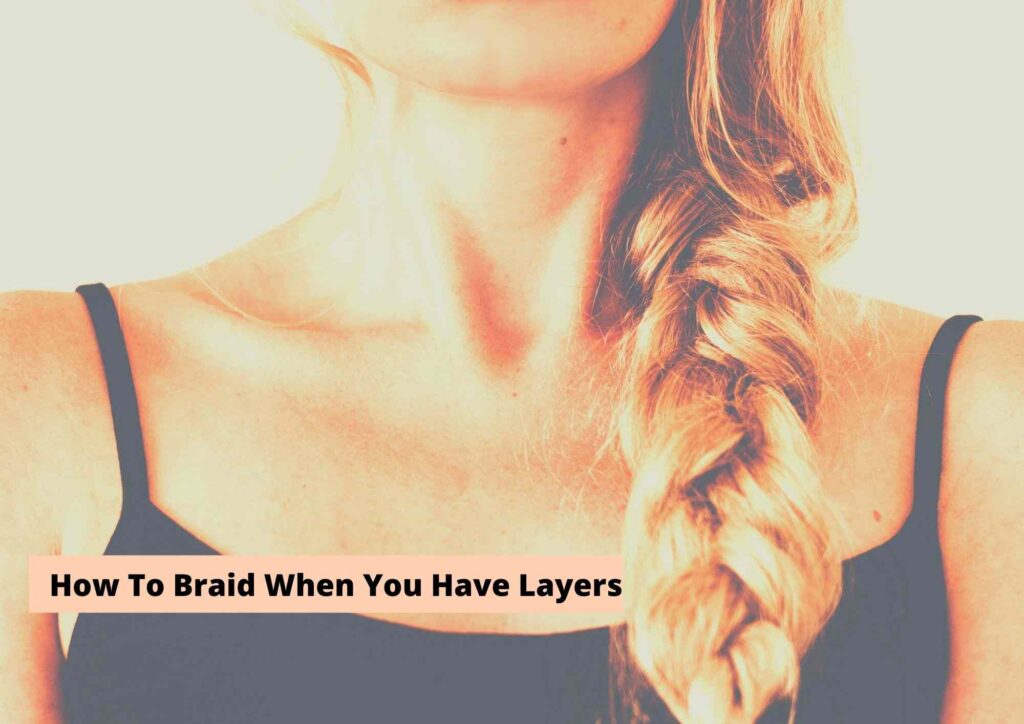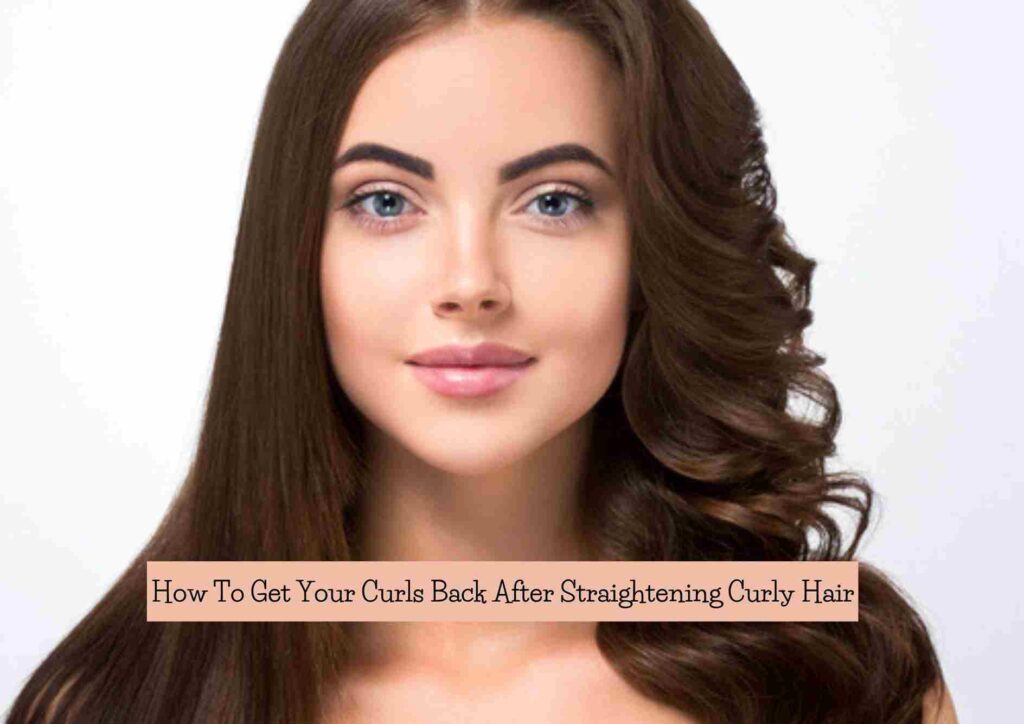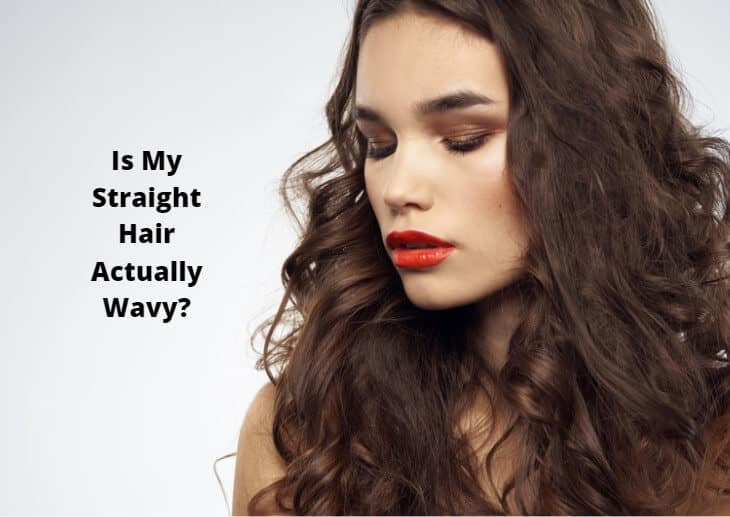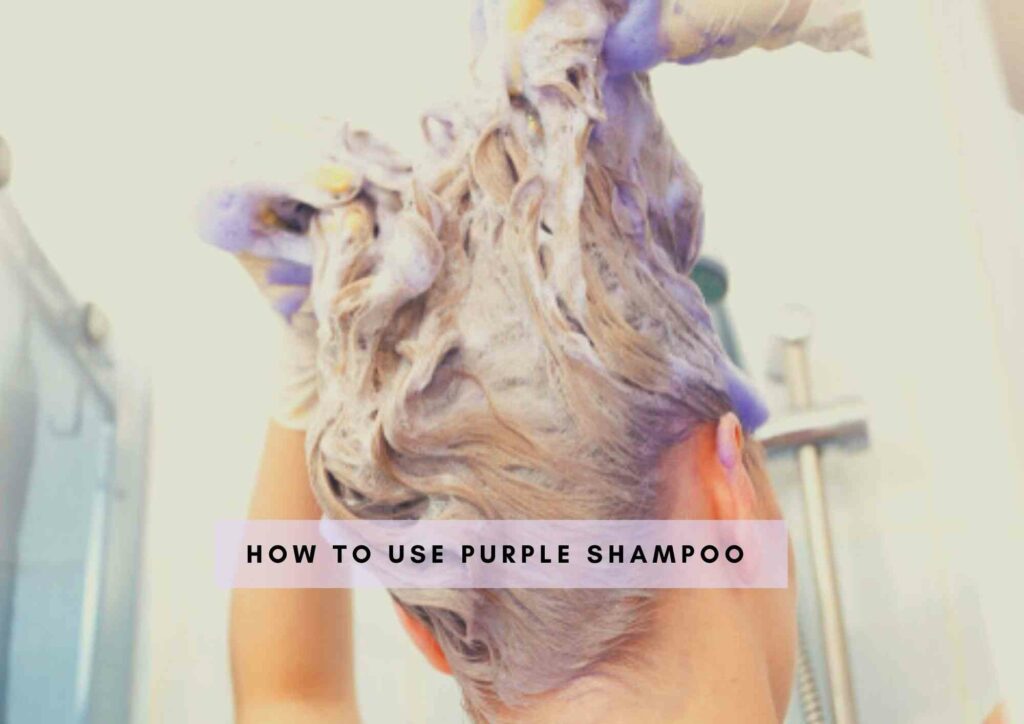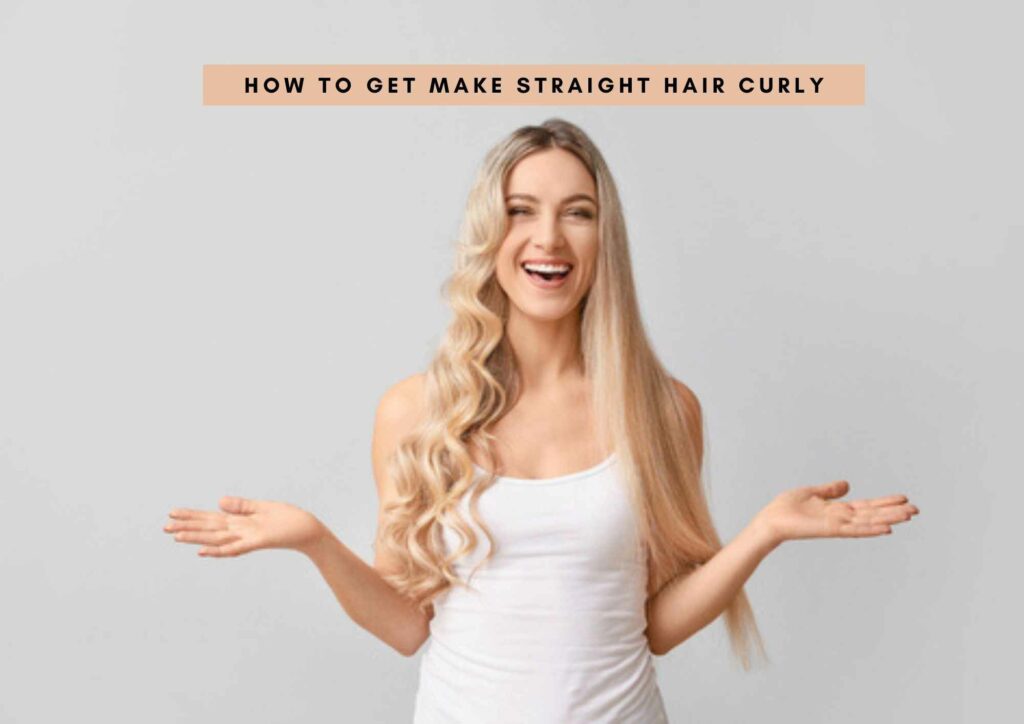Does shampoo cause acne? Learn about the connection between hair care products and skin issues like acne, blackheads etc. and how to stop it.
In This Article:
- Understanding Acne And Hair Care Products
- Does Shampoo Cause Acne
- Preventing Shampoo-Related Breakouts
- Myth vs. Fact: Shampoo’s Role in Acne
- How to Choose the Right Shampoo for Acne-Prone Skin
I have often heard people ask if shampoo causes acne. As someone who has struggled with acne for years, I understand how frustrating it can be to deal with breakouts.
And when it comes to finding the cause of acne, it can be difficult to know where to start. In this article, I will explore the relationship between shampoo and acne and provide some tips for preventing shampoo-related breakouts.
Understanding Acne And Hair Care Products
Acne is a common skin condition that affects many people, especially during adolescence. It is characterized by the appearance of pimples, blackheads, and whiteheads on the skin. Acne can be caused by a variety of factors, including genetics, hormones, and lifestyle.
One of the main causes of acne is the overproduction of sebum, which is an oily substance produced by the sebaceous glands in the skin. (Zouboulis, Christos C. “Acne and sebaceous gland function.” Clinics in dermatology vol. 22,5 (2004): 360-6. doi:10.1016/j.clindermatol.2004.03.004) When too much sebum is produced, it can clog the pores and lead to the formation of pimples and other types of acne.
Some shampoos contain comedogenic ingredients, which can clog the pores and lead to the formation of acne. Additionally, some people may be sensitive to certain ingredients in shampoos, which can cause irritation and inflammation of the skin.
To avoid exacerbating acne, it is important to choose skincare products that are non-comedogenic and free of irritants. Additionally, it is important to maintain good hygiene habits, such as washing your face and hair regularly, to prevent the buildup of oil and bacteria on the skin.
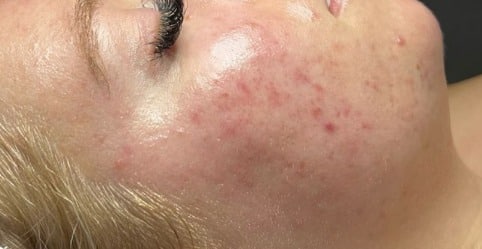
Does Shampoo Cause Acne
Common Comedogenic Ingredients
As someone who is concerned about acne, I have researched the ingredients in shampoos that can cause or exacerbate acne. Comedogenic ingredients are substances that can clog pores and lead to the formation of acne. Some of the common comedogenic ingredients found in shampoos include:
- Sodium Lauryl Sulfate (SLS)
- Sodium Laureth Sulfate (SLES)
- Isopropyl Myristate
- Coconut Oil
- Cocoa Butter
- Lanolin
Sodium Lauryl Sulfate (SLS) and Sodium Laureth Sulfate (SLES) are surfactants that are often used in shampoos to create a lather. However, they can also strip the skin of its natural oils and cause irritation, which can lead to acne. Isopropyl Myristate is a synthetic oil that is often used in shampoos and conditioners to make them feel silky and smooth. However, it can also clog pores and cause acne.
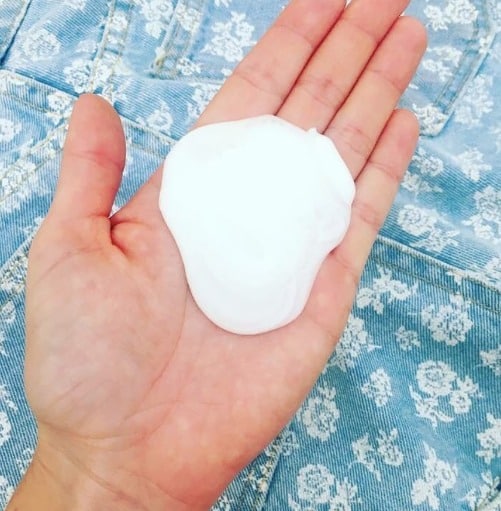
Shampoo Residue and Skin Contact
Another way that shampoos can cause acne is through residue left on the skin. When we rinse our hair in the shower, some of the shampoo can run down our face and back. If the shampoo contains comedogenic ingredients, it can clog pores and lead to acne. This is especially true for people with sensitive skin or those who are prone to acne.
To avoid this, I recommend washing your face and body after shampooing to remove any residual shampoo. You can also try using a gentle, non-comedogenic shampoo that is free of SLS, SLES, and other comedogenic ingredients.
In summary, some shampoos can cause or exacerbate acne due to the presence of comedogenic ingredients or residue left on the skin. By being aware of these ingredients and taking steps to remove any residual shampoo, we can reduce the risk of acne and keep our skin healthy and clear.
Preventing Shampoo-Related Breakouts
As someone who has struggled with acne, I understand the importance of preventing breakouts wherever possible. When it comes to shampoo-related breakouts, there are a few steps you can take to minimize the risk of developing acne on your scalp, forehead, and other areas where shampoo may come into contact with your skin.
Proper Hair Washing Techniques
One of the most important things you can do to prevent shampoo-related breakouts is to wash your hair properly. This means making sure that you thoroughly rinse out all of the shampoo from your hair and scalp, and avoiding leaving any residue behind. It’s also important to avoid scrubbing your scalp too vigorously, as this can irritate your skin and lead to inflammation and breakouts.
Selecting Non-Comedogenic Shampoos
Another key step in preventing shampoo-related breakouts is to choose a shampoo that is non-comedogenic. This means that it won’t clog your pores, which can lead to acne. Look for shampoos that are labeled as “non-comedogenic” or “oil-free,” and avoid those that contain heavy oils or fragrances. It’s also a good idea to avoid shampoos that contain sulfates, as these can be harsh and drying on your skin.
By following these simple steps, you can help minimize the risk of developing acne from your shampoo. Remember, everyone’s skin is different, so it may take some trial and error to find the right shampoo and hair washing techniques that work best for you. But with a little patience and persistence, you can help keep your skin clear and healthy.
Myth vs. Fact: Shampoo’s Role in Acne
As someone who has dealt with acne in the past, I have heard many rumors and myths about what causes acne. One of the most common myths is that shampoo causes acne. In this section, I will explore the myth and the facts about shampoo’s role in acne.
Myth: Shampoo Causes Acne
Many people believe that shampoo causes acne because it contains ingredients that can clog pores. However, this is not entirely true. While some shampoos may contain ingredients that can irritate the skin, such as sulfates, they are not the main cause of acne.
Fact: Shampoo Can Aggravate Existing Acne
If you already have acne-prone skin, certain shampoos can aggravate your existing acne. Shampoos that contain heavy oils and fragrances can clog pores and cause breakouts. Additionally, shampoos that are not rinsed off properly can leave residue on the skin, which can also contribute to acne.
How to Choose the Right Shampoo for Acne-Prone Skin
If you have acne-prone skin, it is important to choose a shampoo that is gentle and free of harsh ingredients. Look for shampoos that are labeled “non-comedogenic,” which means they are less likely to clog pores. Avoid shampoos that contain heavy oils and fragrances, as well as those that are difficult to rinse off.
Why You Should Trust Haireveryday?
The author of this article, Leah Marie Priest has a degree in Cosmetology with years of experience in dealing with hair care, scalp care, and hairstyling. As someone who extensively deals with all kinds of hair textures, products, styling methods and more, hair Leah Marie knows what kind of products and procedures suit each hair type and person. We have also tested these hair products and processes ourselves to provide you an unbiased review about every product. Each of our articles are also reviewed by a team of medical professionals so that you get the most accurate and expert-reviewed information.
Conclusion
Shampoo Ingredients and Acne There are a few ways in which shampoo can contribute to acne. One of the main culprits is the ingredients in shampoo.
Some shampoos contain ingredients that can clog pores and irritate the skin, such as sulfates, silicones, and fragrances.
When these ingredients come into contact with the skin on the scalp, they can transfer to the face and neck, leading to breakouts. Additionally, some people may be allergic or sensitive to certain ingredients in shampoo, which can also cause acne.
Also Read:
Do Shampoos Expire “Oh No My Shampoo’s Gone Bad!”
Can I Use Baby Powder On My Scalp
Can I Wash Hair With Face Wash?
To Summarize

